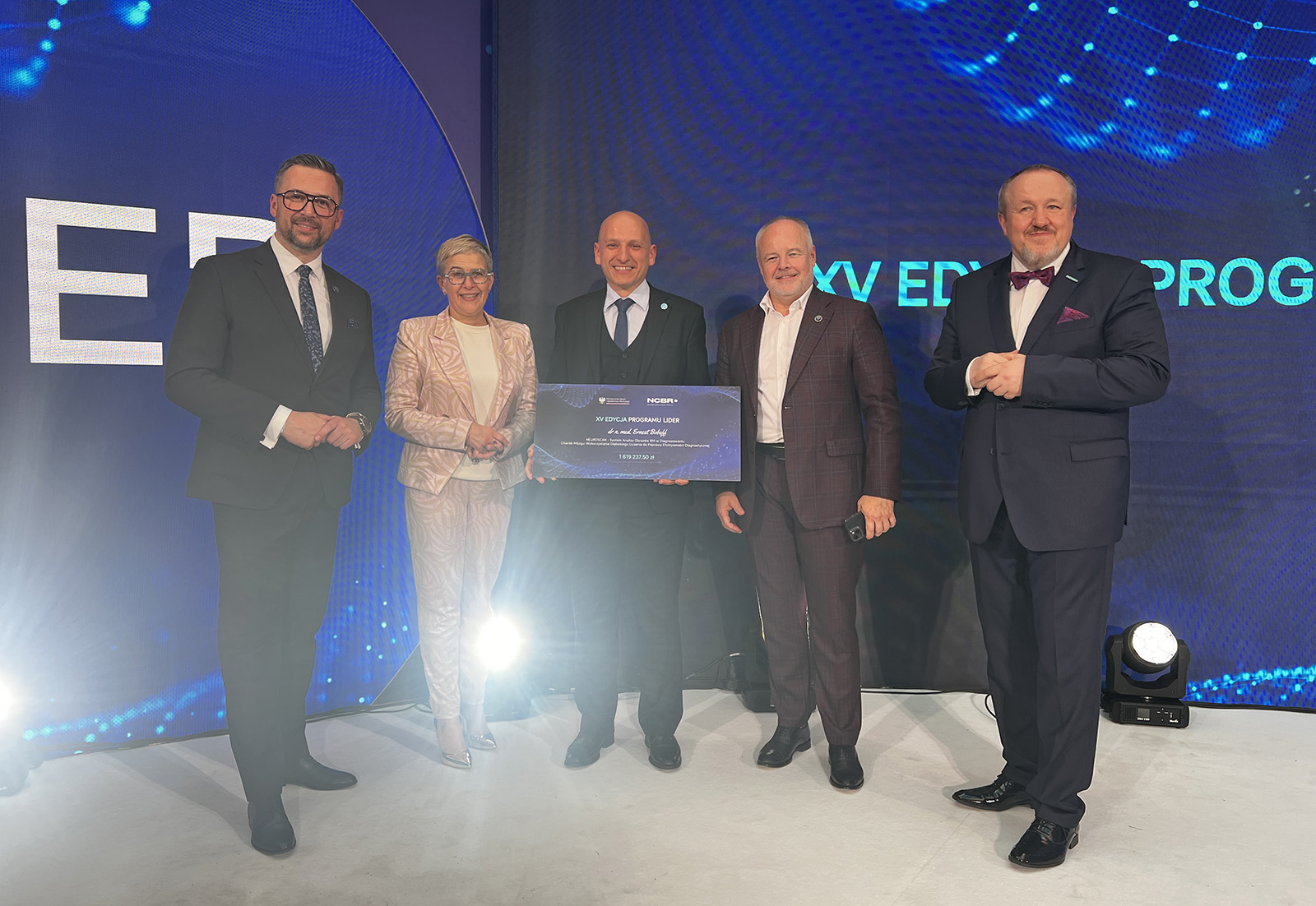LIDER PROGRAM: ERNEST BOBEFF WITH THE NEUROSCAN PROJECT WINS 15TH EDITION
We are pleased to inform you that Ernest Bobeff PhD has received funding in the 15th edition of the LIDER Program, organized by the National Centre for Research and Development. The funds will be allocated to the implementation of the project titled: “NEUROSCAN – An MRI Image Analysis System for Diagnosing Brain Diseases: Using Deep Learning to Improve Diagnostic Efficiency.”
The project will be carried out at the Department of Neurosurgery and Nervous System Oncology at the Medical University of Lodz. The unit operates within the Norbert Barlicki University Clinical Hospital No. 1 in Lodz, a centre specialising in oncological brain surgery, including brain tumour resections. Advanced techniques used there include neuronavigation, intraoperative electrophysiological monitoring, and intraoperative imaging.
The goal of the NEUROSCAN project is to develop a state-of-the-art diagnostic tool that leverages artificial intelligence (AI) and deep learning neural networks (DLNN) for the automatic analysis of head magnetic resonance imaging (MRI) scans. This system has the potential to significantly accelerate and standardize the assessment of MRI images, supporting radiologists and clinicians in diagnosing the most common brain pathologies.
The project will be carried out in two stages. In the first stage, the plan is to develop and train a DLNN model for the segmentation of brain anatomical structures. The second stage will involve the development of a module capable of detecting brain pathologies such as gliomas, meningiomas, lymphomas, aneurysms, and abscesses, based on an additional dataset and the integration of the model with clinical and histopathological data.
In the final phase, the model will be validated on an independent group of patients, both in Poland and abroad. The work will be conducted in collaboration with radiologists, neurologists, neurosurgeons, computer scientists, as well as technology and biotechnology companies. The project has received six letters of intent, confirming strong interest from both the clinical and industrial communities.
“Automatic segmentation and interpretation of head MRI scans can not only accelerate diagnostics but also facilitate differential diagnosis, treatment planning, and patient monitoring,” explains Ernest Bobeff. “In specific cases, such as deeply located brain tumours, NEUROSCAN may even help avoid the need for invasive diagnostic procedures.”
NEUROSCAN is a response to urgent needs within the healthcare system—in Poland, over 1.5 million MRI scans are performed annually, a significant portion of which involve the brain. The waiting time for a radiology report often exceeds two months. By automating the analysis process and integrating with hospital systems, NEUROSCAN can significantly reduce the turnaround time for results, improve the quality of diagnostic reports, and minimise the risk of diagnostic errors.
The project has the potential to be applied not only in hospitals and diagnostic centres, but also in clinical research and the development of new therapies. Collaboration with MRI equipment manufacturers and IT companies opens the door to international commercialisation of the solution.
Our heartfelt congratulations to Ernest Bobeff PhD, and best wishes for the successful implementation of a project that could transform the future of neurological diagnostics.








